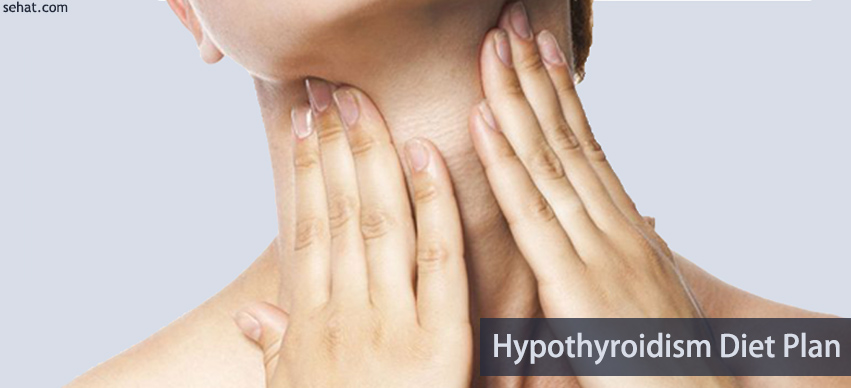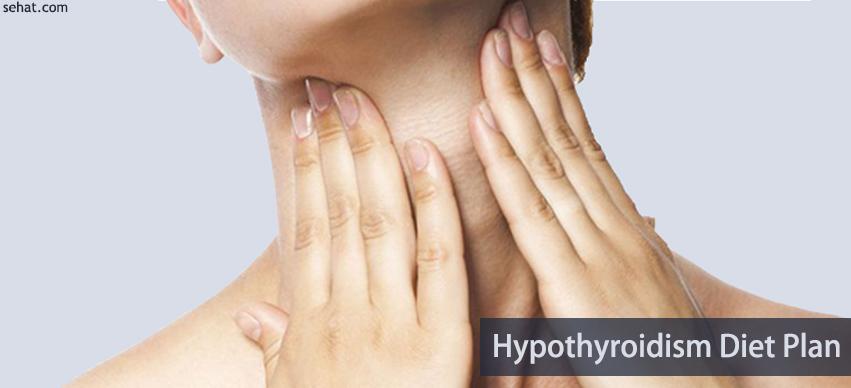How Communities Are Changing the Way We Think About Aging in..
8 Min Read


The thyroid gland is a major gland located in lower neck region in human body that is responsible for secretion of Thyroid hormones. The hormone plays a pivotal role in regulating various functions in human body. If the gland does not function as it should, thyroid disorders can happen. Hypothyroidism or under active thyroid is a condition in which the thyroid gland’s endocrine system does not generate required amount of thyroid hormone. The results include tiredness, susceptibility to cold, depression, constipation and weight gain. Along with treatment, sticking to suitable hypothyroidism diet plan is advisable for the victims of the ailment.
Usually, those affected by Hypothyroidism require specialized treatment for entire life, diet plays a major role. Along with undergoing treatment and taking necessary medications, you need to adhere to specific dietary plans to get the best results. When you are diagnosed with this thyroid disorder, including certain foods from your diet can help and same is true about excluding specific types of foods. This is necessary because your body metabolism gets hit and losing weight becomes tough.
Apart from these, you also need to control intake of Caffeine, tobacco and liquor to ensure efficacy of thyroid medication is not hampered.
A lot of people dealing with hypothyroidism have found better results after trying out certain herbs and supplements. Now, the same stuff may not work wonder for everyone afflicted with the condition. Not enough scientific evidence is available on all such herbs as far as their safety and efficacy to treat thyroid gland problems are concerned. It is not advisable to start using such herbal supplements without consulting your doctor.
While making changes to diet to tackle hypothyroidism better, a few things should be kept in mind. Some foods can be beneficial for coping with this condition but you should be careful about eating them in right quantity. This is particularly true about foods containing fiber and iodine. Care should be adopted to evade including foods and beverages in hypothyroidism diet plan that can thwart working mechanism of thyroid medications. You also need to be aware of foods you are allergic to when planning a diet to cope with impact of hypothyroidism.